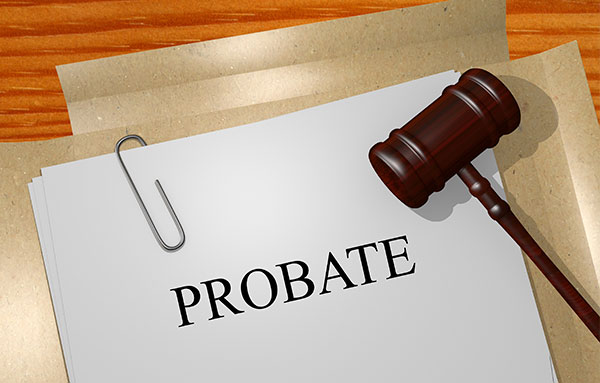News
Welcome to the Elder Law Newsletter
Each week we discuss various elder-law, and elder-law adjacent, issues. We cover issues ranging from family estate plans to nursing home lawsuits. By subscribing you can have each issue delivered directly to your inbox each week.
Stay up to date
Subscribe to our Newsletter to get our takes on some of the situations families, seniors, and
individuals with disabilities find themselves in. These posts help guide you in the decision
making process and point out helpful tips and nuances to take advantage of.
Enter your email below to have our entries sent directly to your inbox!














